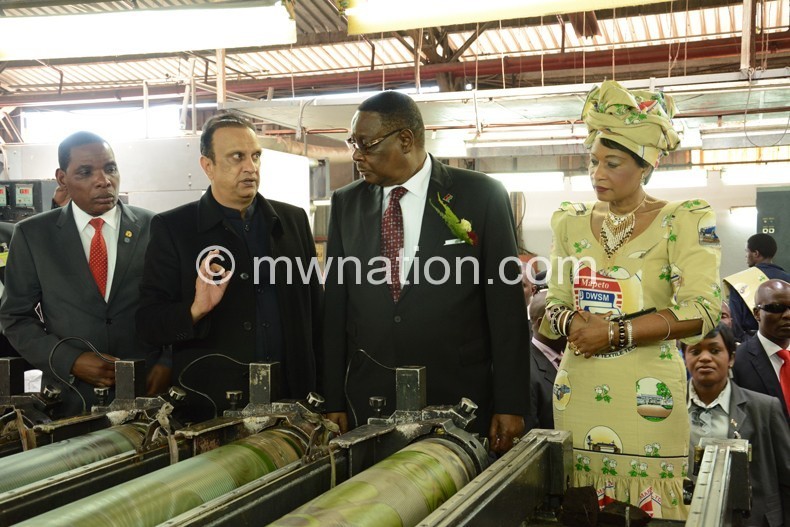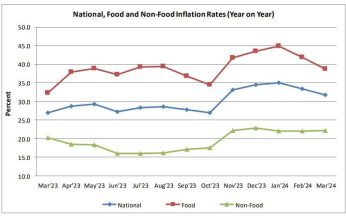Firms paying escom for power they never use
Electricity Supply Corporation of Malawi (Escom) has said many of its industrial or maximum demand customers are paying more money for power they never use.
Escom’s business development and marketing manager Wiseman Kabwazi said this to the Mzuzu business community at the start of a series of meetings that the power supplier has organised this week in collaboration with the Malawi Confederation of Chambers of Commerce and Industry (MCCCI) for their maximum demand customers.

Kabwazi said 6.2 percent of its industrial customers over declare their annual power requirements, resulting in overpaying the sole electricity provider in the country.
He, therefore, asked the companies to be precise when declaring their power demand, saying if the energy was saved, there would be a decline in scheduled power cuts.
Kabwazi said most companies have complained to Escom that electricity is expensive, not knowing that they are a contributing factor.
For instance, he said, when the utility company follows up their cases, they find that most companies over-declare their annual power requirements.
He gave an example of a company that overpaid with K20.3 million after over declaring by 904 kilo-volt-ampere (KVA).
“It is acceptable to over declare by 2.5 to five percent, but not over that,” said Kabwazi.
In a research that the utility company conducted, Central Region is overpaying Escom by nine percent, Southern Region by 5.4 percent while Northern Region was the most efficient at 4.2 percent.
“We are also losing out because we are investing in bigger generators and transformers,” said Kabwazi, tipping industries to use electricity to the maximum while it is available because they still pay the same amount even when they do not use it.
In his presentation, Escom district engineer for Lilongwe Old Town Young Chewere said companies should be more efficient in the power they draw and use.
He said the utility company is paying for the companies’ inefficiencies because it invests in bigger generators, transformers and cables which is passed on to the consumers.
Chewere, therefore, asked companies to audit their system and invest in energy saving equipment.
He said in an assessment conducted at Kanengo Industrial Site in Lilongwe, it was found that the company would save 2.5 megawatts (MW) if companies invested in energy saving equipment.
“The whole Karonga District might use that, and there are times we conduct load shedding because of 2.5MW,” he said.
Out of its 325 000 customers, the utility company has 856 industrial companies with an electricity consumption of 44 percent.
For a company to qualify for industrial tariff, it needs to draw about 50 KVA.
Figures show that electricity shortages are estimated to cost the country between two and three percent of Gross Domestic Product (GDP).





